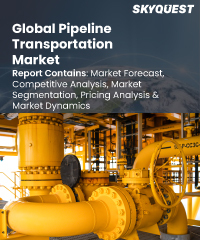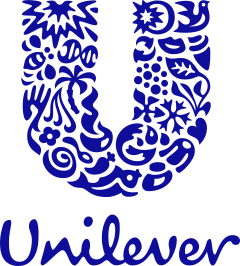
Product ID: SQMIG20F2007
Report ID:
SQMIG20F2007 |
Region:
Global |
Published Date: March, 2024
Pages:
202
|
Tables:
91 |
Figures:
78
"We have purchased recently a report from SkyQuest Technology, and we are happy to inform you that this report was so useful and practical for our team. Skyquest Team was very active and our queries were followed up completely.It was amazing. "
- Mr. Ali Zali, Commercial Director, ICIIC Iran.





Our industry expert will work with you to provide you with customized data in a short amount of time.
REQUEST FREE CUSTOMIZATION
Product ID: SQMIG20F2007